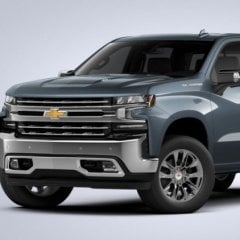Is 5w-30 mobil 1 safe to run for a 2014 5.3L Sierra?
-
Recently Browsing 0 members
- No registered users viewing this page.
-
Forum Statistics
247.7k
Total Topics2.6m
Total Posts -
Member Statistics
-
Who's Online 11 Members, 0 Anonymous, 2,120 Guests (See full list)















Recommended Posts
Archived
This topic is now archived and is closed to further replies.